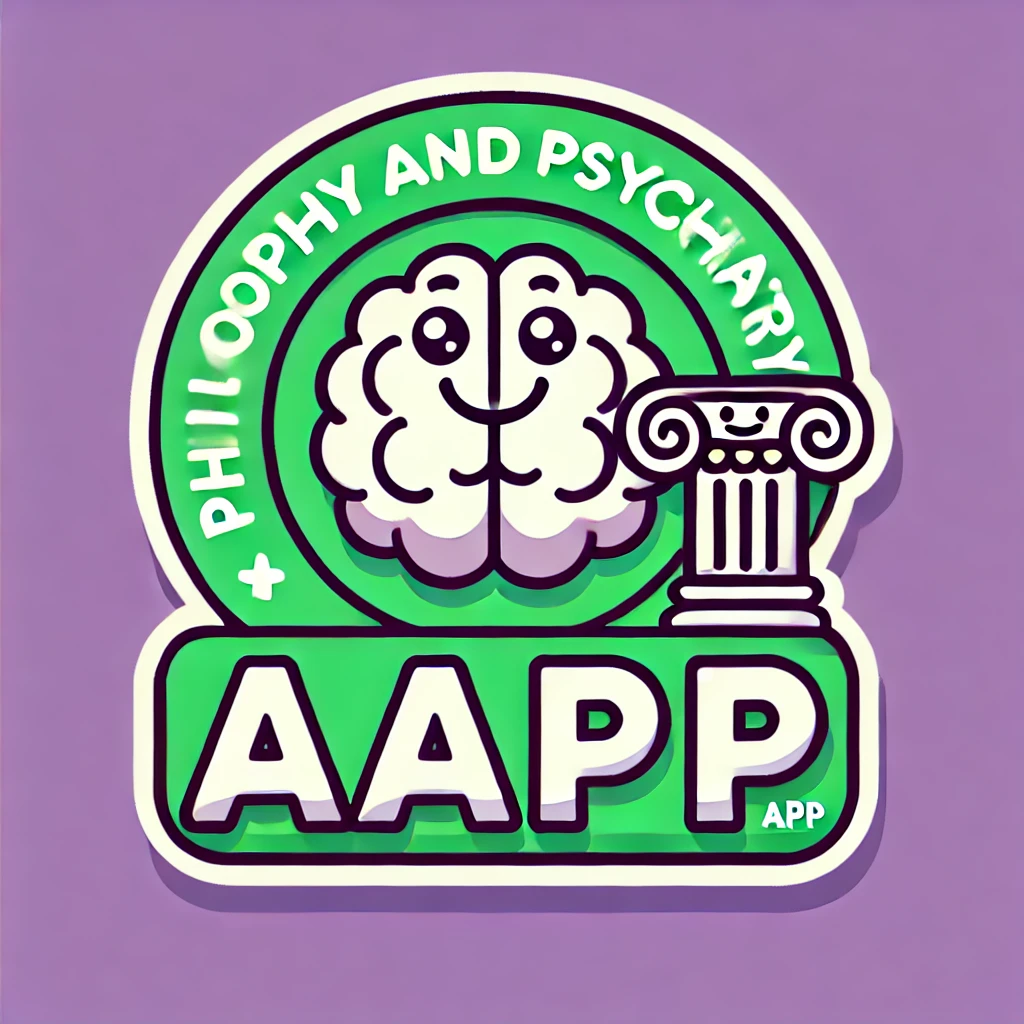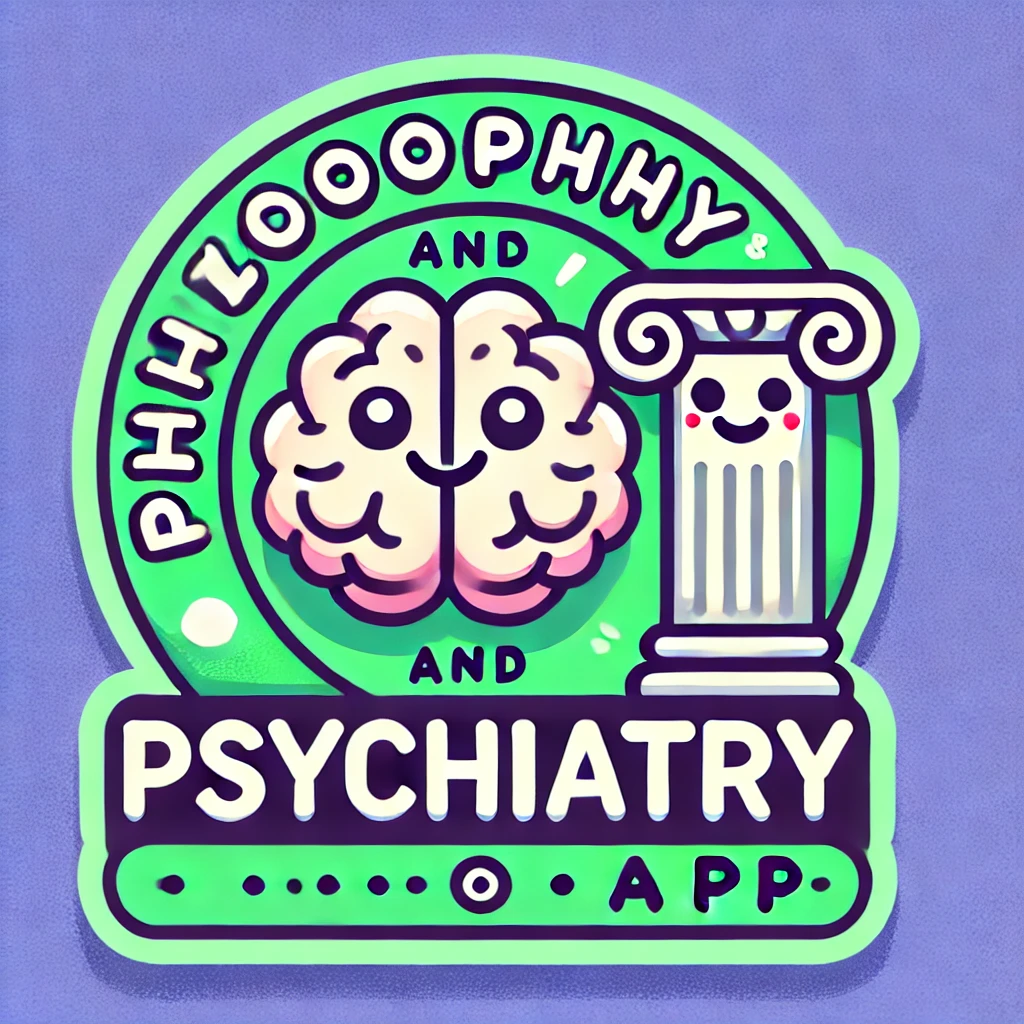Can Psychiatric Diagnosis Be Ethical and Accurate in a Digital Age?
Psychiatric diagnosis shapes lives. It determines access to treatment, insurance coverage, legal decisions, and even how people see themselves.
But in today’s digital-first mental health landscape, these diagnoses also drive algorithms, ad targeting, and online care pathways — raising urgent ethical questions:
- What counts as a disorder?
- Who defines what is “normal”?
- How are labels being interpreted (or misused) in mental health marketing?
This is where the philosophy of psychiatry and ethical digital marketing intersect — helping us think critically about the assumptions behind diagnosis and how it’s communicated.

The Problem with Labels in the Digital Space
Diagnostic labels can bring clarity and relief — but also stigma and reduction.
Online, where search ads and algorithmic platforms guide users toward mental health services, labels can become clickable categories: depression, anxiety, ADHD.
But are we describing a medical condition — or just selling a solution?
Philosophy reminds us that how we talk about diagnosis matters. It shapes public perception, influences treatment-seeking behavior, and impacts trust in mental health care.
The DSM in the Age of SEO and Targeted Ads
The Diagnostic and Statistical Manual of Mental Disorders (DSM) is psychiatry’s foundation for labeling mental illness. But it’s also deeply value-laden — and now, digital marketers build entire campaigns around these categories.
This raises concerns:
- Are marketers oversimplifying complex diagnoses?
- Is symptom-based targeting promoting overdiagnosis?
- Do digital platforms reinforce societal biases baked into the DSM?
We’re not saying digital mental health marketing is wrong — but we are saying it needs a philosophical lens.
Read: Psychological Effects of False Accusations in Relationships
Ethical Marketing Begins with Ethical Diagnosis
Ethical issues in digital mental health include:
- Clarity: Are campaigns explaining diagnoses responsibly?
- Empowerment: Do ads respect user autonomy or exploit fears?
- Equity: Are digital ads being shown fairly across populations?
By bringing philosophy into digital marketing strategy, mental health providers and advertisers can create messages that are not only effective — but also human-centered, inclusive, and grounded in care.

Read: The Best Mental Health Marketing Agencies in 2026
Toward a Better Digital Model
As more people turn to search engines, social media, and online platforms for mental health answers, we need a new framework that bridges clinical integrity with digital responsibility. The future of mental health communication must go beyond click-through rates and conversion funnels — it must be grounded in clarity, ethics, and care.
At PhilosophyAndPsychiatry.org, we advocate for a digital model that integrates three essential pillars:
- Clinical Accuracy
Diagnostic language must be rooted in real medical and psychiatric understanding — not diluted into vague symptom checklists for lead generation. Campaigns should reflect up-to-date knowledge from licensed professionals and avoid self-diagnosis traps. - Philosophical Awareness
Behind every diagnosis is a person with a story, a culture, and a context. By applying philosophical thinking, we acknowledge that mental health is not just a biological puzzle but a lived experience. Marketers and clinicians alike must reflect on the values embedded in their messaging — from how disorders are described to how care is offered. - Responsible Marketing
Ethical digital outreach avoids fear-based tactics, manipulative CTAs, or exaggerated claims. It also avoids framing normal emotional struggles as pathological for the sake of ad performance. Instead, responsible mental health marketing should foster trust, inform accurately, and encourage people to seek real help — not just click.
When these three forces work together — medicine, philosophy, and communication — we don’t just market mental health services. We shape how society understands the mind.
Learn More About The Philosophy of Mental Illness
The Way Forward
Psychiatric diagnosis will always be central to mental health care. But in the age of Google Ads, social media campaigns, and AI-driven chatbots, we must approach it with care.
With the help of philosophy, we can ensure digital strategies remain ethical, accurate, and deeply respectful of those they aim to help.
Go To PhilosophyAndPsychiatry
